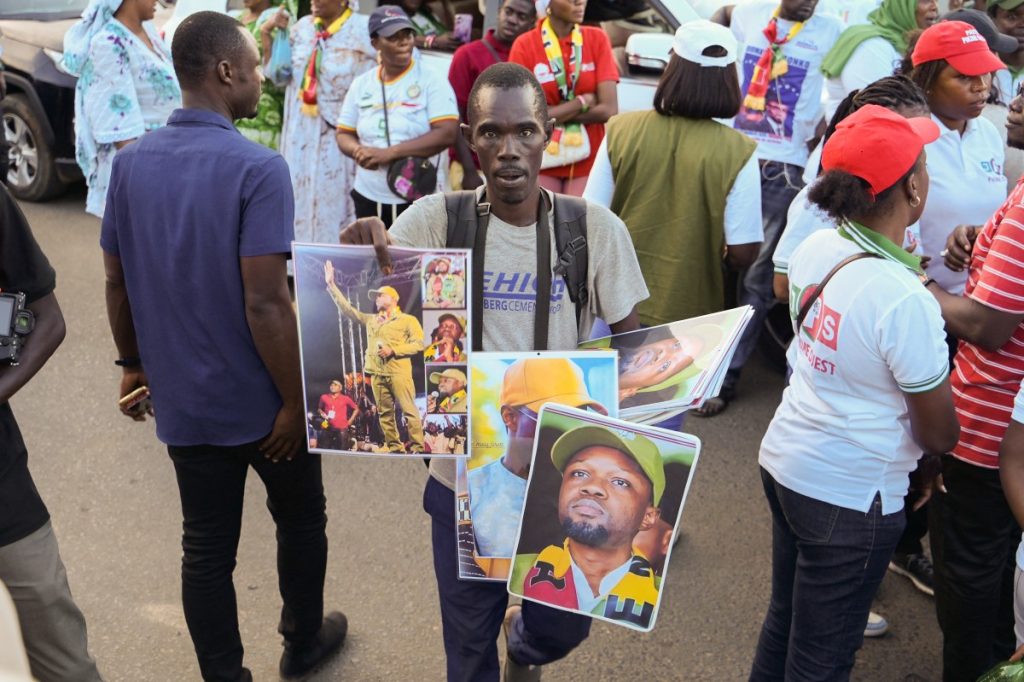Senegal will hold parliamentary elections on Sunday, with new leaders seeking a clear majority to fulfill their promise of radical change made eight months ago.
President Bassirou Diomaye Faye, who won 54 percent of the vote in March, has pledged economic transformation, social justice, and a fight against corruption, raising hopes among the country’s predominantly young population. Faye and Prime Minister Ousmane Sonko face the challenges of slow economic growth, high inflation, widespread unemployment, and the plight of many young people risking their lives to reach Europe.
Faye called for snap elections by dissolving the opposition-led national assembly in September. Mamoudou Soumare, a 24-year-old student and construction worker from Dakar, believes the ruling party will win because they have the support of young people, but he expressed frustration with their lack of action since the presidential election. “After the legislative elections, there will be no more time to wait,” he warned. “If they don’t do anything, in 2029, we’ll get rid of them.”
Polling stations will open for about seven million registered voters on Sunday from 8:00 am to 6:00 pm. The single-round legislative election will determine the 165 seats in parliament, which has been slightly dominated by supporters of former president Macky Sall since 2022. Sall, running his campaign from abroad, left office in April after a political standoff with Sonko that resulted in numerous deaths and arrests. His decision to delay the 2024 presidential election triggered one of Senegal’s worst political crises in decades.

Opposition coalitions led by Dakar Mayor Barthelemy Dias and former Prime Minister Amadou Ba are also strong contenders in the election. The campaign has been marred by clashes between supporters of the ruling Pastef party and the opposition, with Sonko calling for retribution against those he claims attacked his supporters.
El Hadji Mamadou Mbaye, a political science lecturer, stated, “The election is about being for or against Ousmane Sonko. To change the country, we need strong measures and a majority to pass laws… People understand we need to give them a majority to evaluate them.”
However, some, like Martine Diouf, a 40-year-old cleaner struggling to support her six children, do not see Sonko as the solution. Iba Ka, a motorbike taxi driver from Matam, echoed this sentiment, feeling neglected by the government during recent flooding.
Since taking office, the authorities have reduced the prices of essential goods and launched audits. In October, they unveiled an ambitious 25-year development plan aimed at transforming the economy and public policy. The opposition has criticized the new government for inaction and amateurism, alleging a desire to settle scores with the previous administration. Sonko has suggested that former leaders, including Sall, could face legal consequences for their handling of public affairs.
Malick Fall, a shopkeeper in his fifties, lamented the political bickering, stating, “I would have preferred the political parties to address the problems of the Senegalese people, like the high cost of living, youth employability, and healthcare. In the 21st century, a Senegalese person should not have to pay for medical treatment.”


